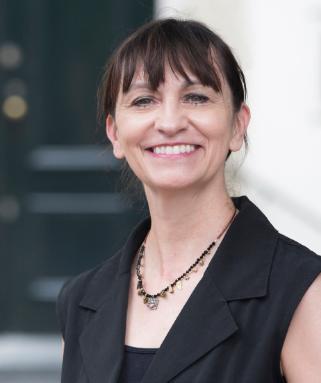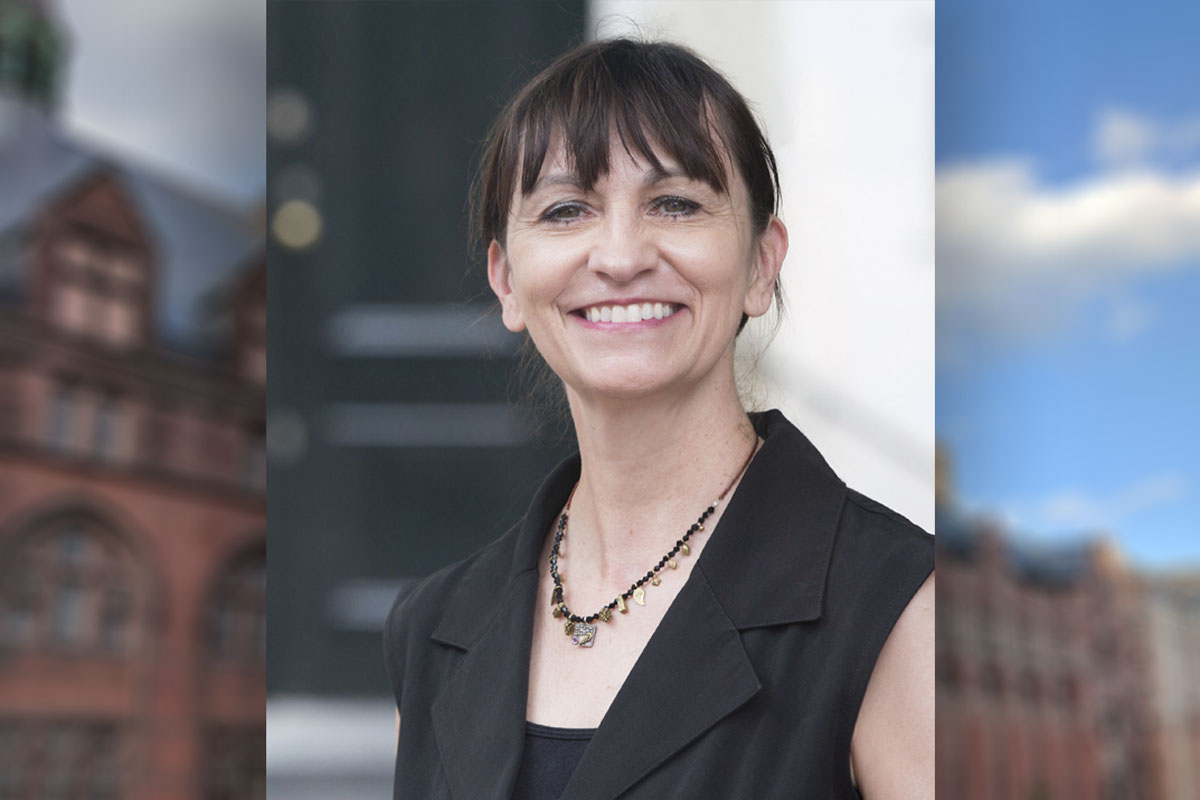
Felisa Tibbitts is a Lecturer in the International and Comparative Education Program.
Dr. Felisa Tibbitts has been appointed UNESCO Chair in Human Rights in Higher Education in conjunction with her part-time research position at Utrecht University (Netherlands). Launched in 1992, the UNITWIN/UNESCO Chairs Programme, which involves over 700 institutions in 116 countries, promotes international inter-university cooperation and networking to enhance institutional capacities through knowledge sharing and collaborative work.
“I am truly delighted to be appointed in this UNESCO Chair position,” says Dr. Tibbitts, “as it will allow me to strengthen the international dimension of my research on human rights and higher education. This is a challenging time for higher education in different parts of the world as institutions grapple with issues of accessibility and inclusion.”
UNESCO Chairs are in title only, but they are very important for legitimizing focused areas of scholarship. The objectives of the Chair in Human Rights in Higher Education are specifically to:
- Promote understanding of current practices and aims for HRE in higher education, for example in the training of teachers, social workers and psychologists, and produce scientific evidence of any impacts on such practices.
-
Coordinate a cross-national study and foster cross-regional sharing on structures and strategies for higher education transformation. This intersects with a human rights-based approach to higher education and is associated with economic accessibility, diversity, historical accountability and inclusion, including a gender dimension.
-
Carry out teaching and public lecturing that spreads this know-how, both within and outside of academia.
-
Develop relevant materials that can be used as HRE resources in higher education.
As part of her position as a UNESCO Chair, Dr. Tibbitts plans to facilitate international inter-university cooperation, including with colleagues at Teachers College, as well as faculty in universities in the Netherlands, South Africa and Sweden. “Together I hope that we can create a collaborative network where we can share research, training, information and documentation on human rights education and human rights-based approaches within universities.”
